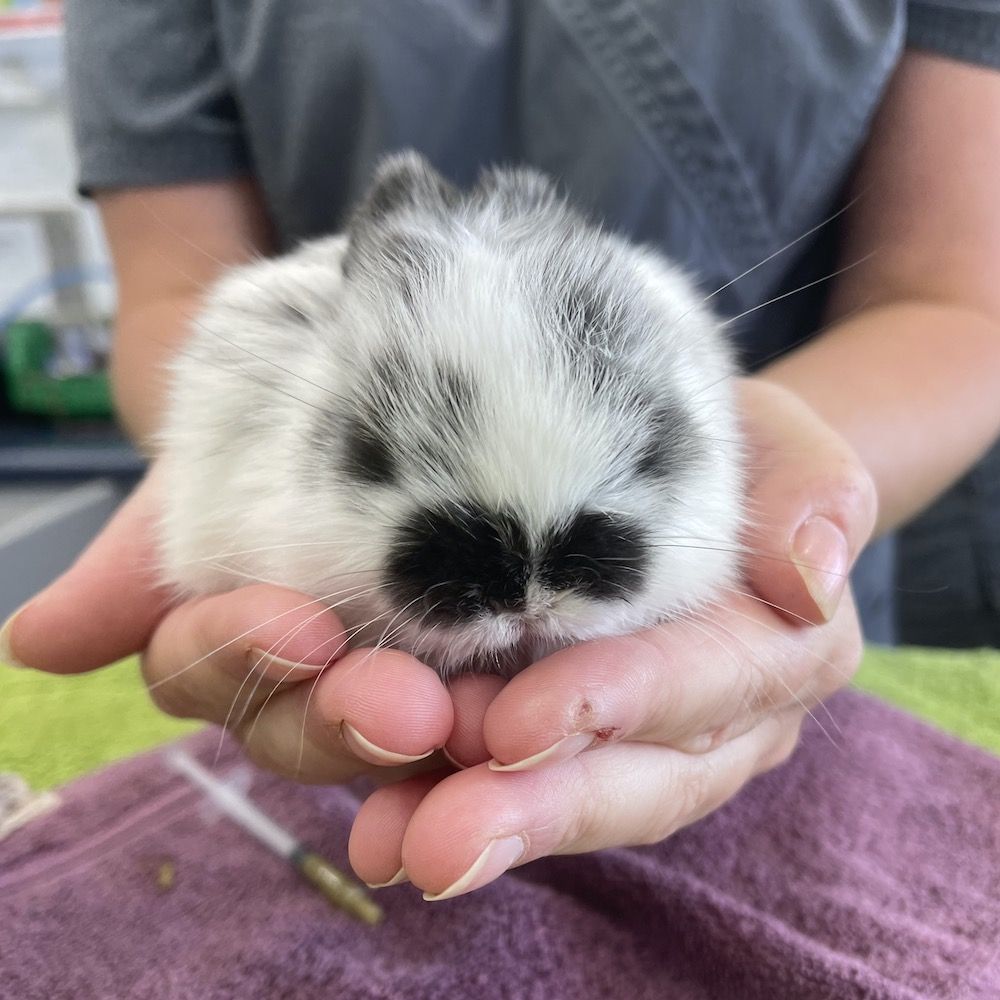Advanced anaesthesia
Rabbit anaesthetic safety has lagged behind cats and dogs due to the difficulty of consistently securing their breathing airway. Even when a tube can be placed, it is very small so it can easily block with mucous and it creates airway resistance like breathing through a straw.
The new V-Gel device, created specifically for rabbits, solves this problem and also allows us to use our high technology anaesthetic monitoring in rabbits such as capnography. We will be the first general practice to have these devices available in New Zealand for rabbits under our care. (www.docsinnovent.com)
Additionally we can keep rabbits warm during surgery with the advanced HotDog warming blanket and post operatively in their own warm intensive care unit. Operative fluids, pain relief and post op feeding complete the picture.
